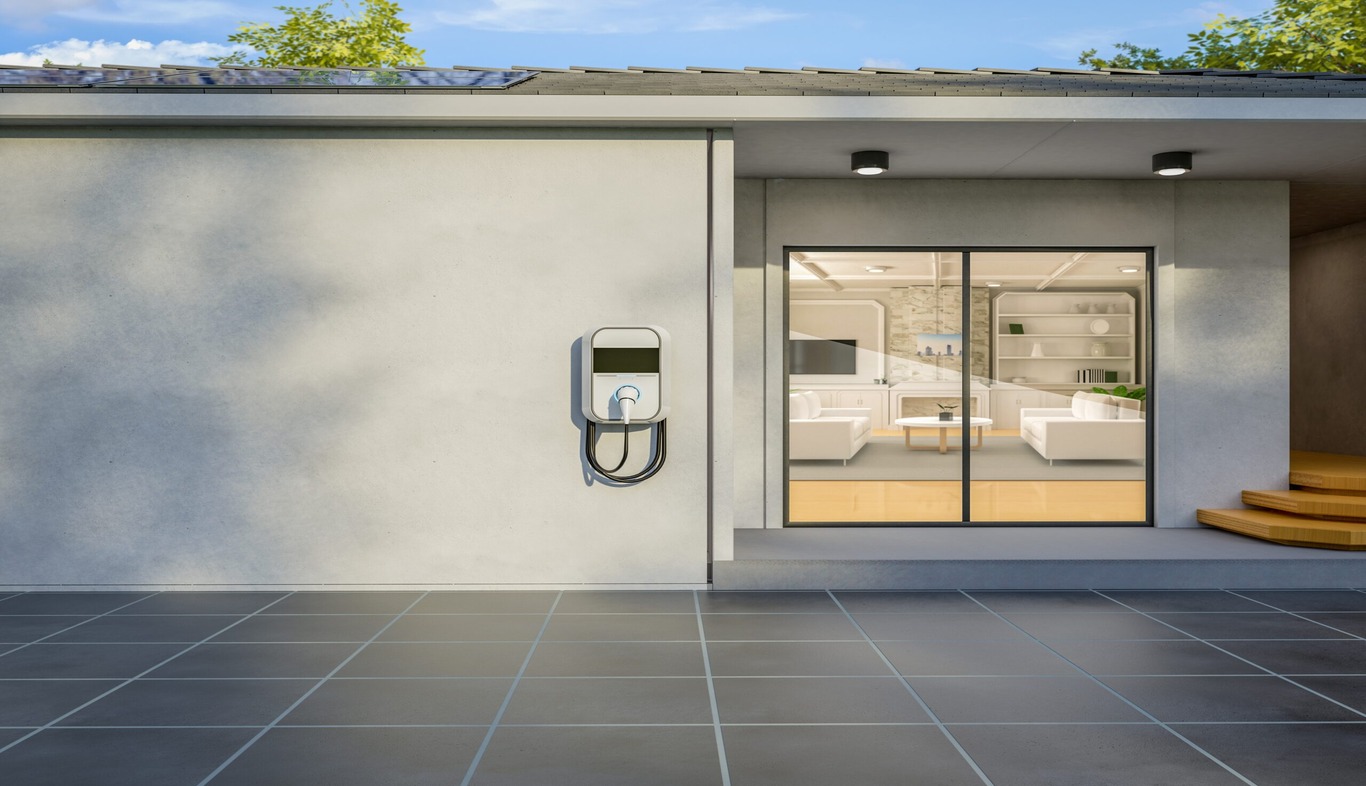Solar energy has rapidly become one of the most sought-after renewable energy solutions, especially for homeowners and businesses looking to reduce their carbon footprint and energy costs. A common question arises:
Do solar panels work on cloudy days? This article will provide a detailed explanation, backed by science, to clarify this important aspect of solar technology.
How Solar Panels Generate Energy
Solar panels, also known as photovoltaic (PV) systems, generate electricity by converting sunlight into energy. This process relies on solar cells, primarily made from semiconductor materials like silicon. When sunlight strikes these cells, photons knock electrons loose, creating an electric current.
While direct sunlight maximizes efficiency,
solar panels can also produce electricity in indirect sunlight, making them effective even during overcast days.
Do Solar Panels Work on Cloudy Days?: What You Need to Know
1. Reduced Efficiency but Continuous Operation
Solar panels operate on light, not heat, so they continue to generate electricity even in cloudy weather. While energy output decreases during overcast conditions, it does not stop altogether. Depending on the cloud density, panels can produce between
10% to 25% of their usual capacity.
2. Reflection and Diffusion of Light
Clouds scatter sunlight, creating diffused light that
solar panels can still capture. Modern PV systems are designed to harness both direct and diffused sunlight, ensuring consistent energy generation.
Key Factors Influencing Solar Panel Performance on Cloudy Days
1. Panel Technology
The type of
solar panel significantly impacts its performance during cloudy weather:
- Monocrystalline Panels: Known for their high efficiency, they perform better in low-light conditions compared to polycrystalline panels.
- Thin-Film Panels: These panels are highly adaptable and excel in cloudy and shaded environments, albeit with lower overall efficiency.
2. Inverter Quality
Advanced inverters optimize energy conversion even in varying light conditions. Microinverters, for example, enhance the performance of each panel individually, ensuring better output during overcast conditions.
3. Geographical Location
Regions with high annual cloud cover, such as Ireland or parts of the UK, experience fewer sunny days. However, solar systems in these areas are still viable due to
efficient panel technologies and longer daylight hours during summer.
Solar Panel Performance: Real-World Examples
Countries like Germany, which experiences frequent overcast skies, have become leaders in
solar energy adoption. Despite limited sunshine, innovative PV systems and strategic placement allow for significant energy production.
Benefits of Solar Panels in Cloudy Climates
- Energy Independence: Even reduced solar output can significantly offset energy costs.
- Longer Lifespan: Cooler, cloudy weather reduces panel overheating, prolonging their operational lifespan.
- Grid Backup: Many systems integrate battery storage, ensuring power availability regardless of daily weather fluctuations.
Enhancing Solar Panel Efficiency in Cloudy Weather
- Optimize Panel Placement: Tilt and orientation can maximize light capture, even on overcast days.
- Use High-Quality Panels: Invest in monocrystalline or bifacial panels for better performance.
- Maintain Your System: Regular cleaning ensures maximum light absorption.
- Integrate Storage Solutions: Batteries store excess energy for use during low-production periods.
Common Misconceptions About Solar Panels and Cloudy Weather
- Myth: Solar panels do not work in winter or cloudy weather.
- Fact: Panels generate energy as long as light is present, regardless of temperature or clouds.
- Myth: Solar energy is ineffective in northern regions.
- Fact: Countries with less sunlight have thriving solar industries due to advanced technologies.
Conclusion
Solar panels are an effective energy solution, even in cloudy climates. Modern advancements in PV technology ensure reliable performance regardless of weather conditions. Whether you’re in a sunny or overcast region, investing in solar
energy is a sustainable and cost-efficient choice. Embrace renewable energy to power your home or business while contributing to a greener planet.



